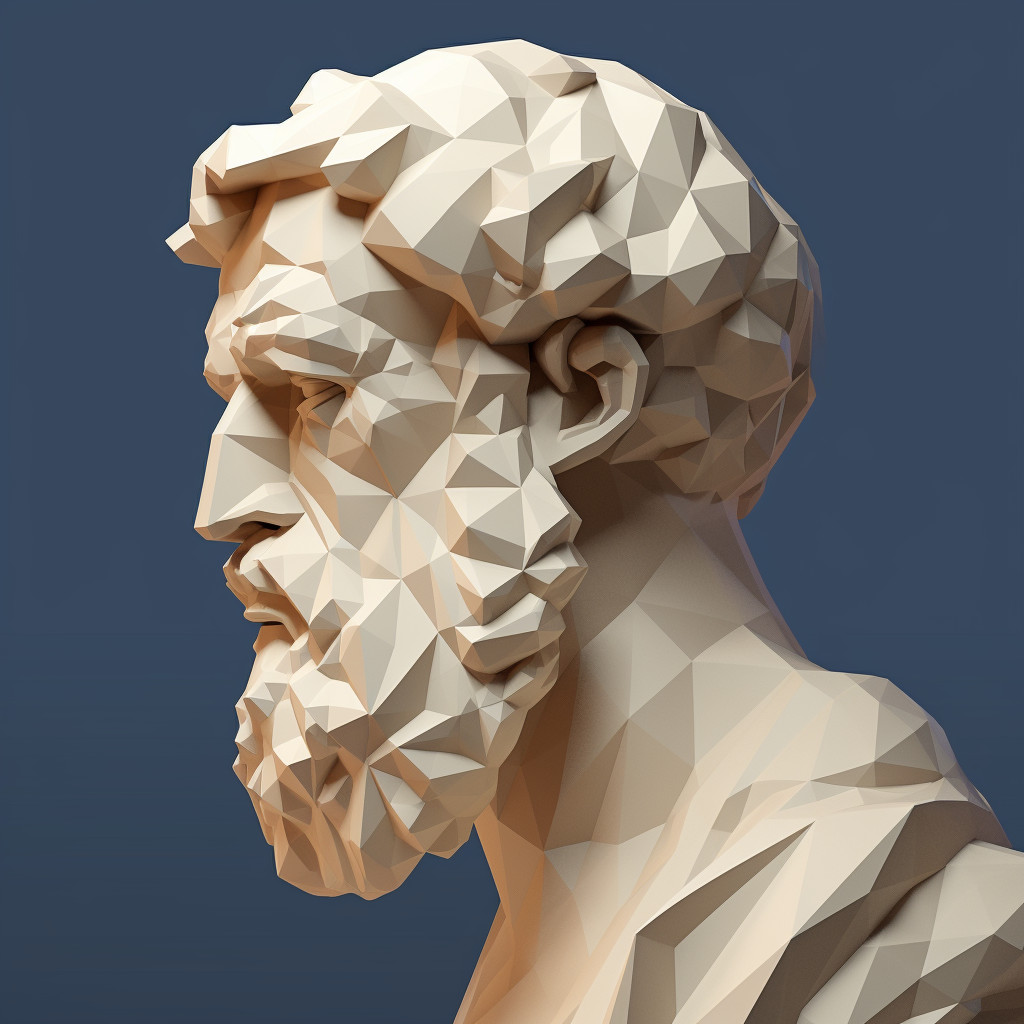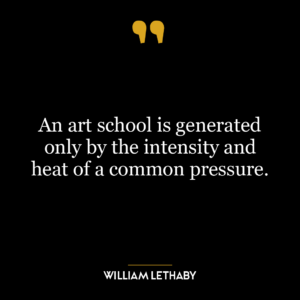The quote “Intuition is the source of scientific knowledge” suggests that our innate ability to understand or know something without the need for conscious reasoning or empirical evidence often forms the basis of scientific discovery. In essence, it is our intuition that leads us to ask questions, formulate hypotheses, and seek the answers that contribute to scientific knowledge.
Intuition can be seen as a spark that ignites the flame of curiosity. For instance, a scientist may have an intuitive feeling that a certain theory or hypothesis is correct. This gut feeling then drives them to conduct experiments, collect data, and analyze results to either prove or disprove their intuition.
However, it’s important to note that while intuition can guide scientific inquiry, it does not replace the rigorous testing, observation, and analysis that are hallmarks of the scientific method. Instead, intuition and scientific method work hand in hand, with intuition often serving as the starting point.
Applying this concept to today’s world or personal development, one might argue that intuition plays an important role in innovation and problem-solving. Many groundbreaking ideas in technology, medicine, and other fields may start with an intuitive hunch or a gut feeling that something could work differently or better.
In terms of personal development, trusting one’s intuition can lead to significant growth and learning. For instance, if you have an intuitive feeling that you would excel in a certain career or that a particular path is the right one for you, following that intuition could lead to fulfilling experiences and personal satisfaction. However, just like in scientific inquiry, it’s also important to test and evaluate your intuition against reality, gathering evidence and making careful analysis before making major decisions.
In conclusion, intuition, while not an end in itself, can be a powerful source of inspiration and direction, both in the realm of scientific discovery and in personal development.












